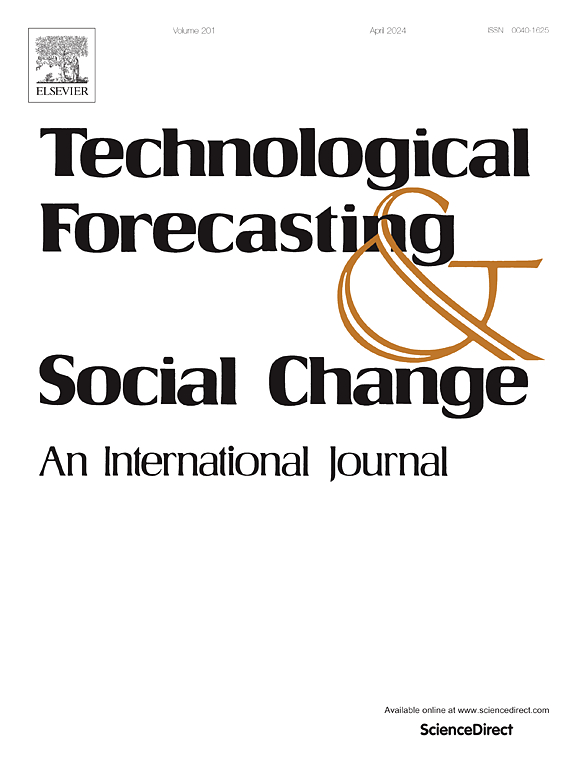 Fabrice Le Guel and Matthieu Manant published their paper “Artificial intelligence and algorithmic bias? Field tests on social network with teens”, co-authored with Grazia Cecere and Clara Jean, in Technological Forecasting and Social Change, 2024, 201: 123204
Fabrice Le Guel and Matthieu Manant published their paper “Artificial intelligence and algorithmic bias? Field tests on social network with teens”, co-authored with Grazia Cecere and Clara Jean, in Technological Forecasting and Social Change, 2024, 201: 123204
Abstract: Artificial intelligence (AI) is a general purpose technology that is used in many sectors. However, automated decision-making powered by AI algorithms can lead to unintended outcomes, especially in the context of online platforms. The lack of transparency related to AI algorithms and their categorization methods make practical insights into effective management of the risks associated to their utilization of crucial importance. We address these issues through two field tests aimed at mitigating biases in online science, technology, engineering, and mathematics (STEM) education-related ads targeting teenagers. We conducted online ad campaigns involving gender-unspecific, women-specific, and gender-neutral ads targeted at young social network users. Our findings show that inclusion in the ad of a gender-oriented message tends to alleviate algorithmic gender bias but also reduced overall ad visibility. Our research shows also that text length has a significant impact on ad visibility, and that gender-oriented messages influence the display of the ad based on gender.
